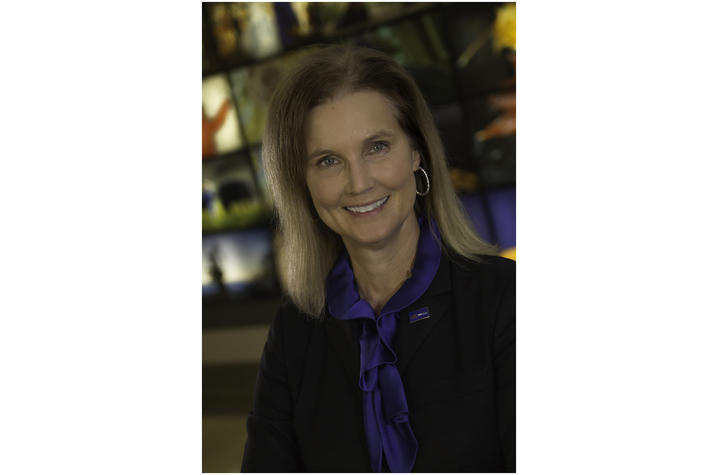Op-Ed: COVID-19 Vaccinations are Safe, Effective. Get One for Yourself and Others.

LEXINGTON, Ky. (Dec. 9, 2020) — Nearly nine months since the word “coronavirus” entered our daily vocabulary, hope may be on the horizon in the form of multiple effective Covid-19 vaccines. It’s too early to declare the global pandemic done – and we must not let up on practicing basic public health measures like mask-wearing, physical distancing, and handwashing. But now is the time for everyone to prepare for the arrival of vaccine options – by getting educated, making plans to be vaccinated, and understanding the importance of widespread vaccine uptake if we are ever to return to pre-pandemic life. Here’s what you should know:
Covid-19 vaccine development has been fast – but that does not mean that researchers have cut corners when it comes to safety. Traditionally, vaccines can take years to develop, test, and market. But through projects like Operation Warp Speed in the U.S., and global efforts by the World Health Organization, the Covid-19 vaccine development process has been “supercharged” by plentiful funding and guaranteed purchase orders for effective vaccines. With thousands of researchers focused simultaneously on vaccine development, administrators moving paperwork forward at top speed, and clinical trials finding eager participants, Covid-19 vaccine development has advanced quickly, but carefully.
Right now, the Federal Drug Administration (FDA) – the gold-standard drug and vaccine regulatory authority in the world – is closely studying the safety, quality, and effectiveness of vaccines before approving distribution to the U.S. population. The FDA is staffed by career scientists and non-political appointees, whose chief concern is the health and safety of the American people. In the U.S., we can expect to see multiple vaccines made available. The clinical trials performed on the first vaccines likely to be approved – mRNA vaccines from Pfizer and Moderna – have shown the vaccines to be highly effective, with a strong safety profile. What all the vaccines have in common is that they cannot give a person Covid-19.
Leaders of local health departments, who already have relationships with local employers, organizations, and faith communities, are well-positioned to lead in vaccine education and advocacy. They must do so with particular attention to the concerns of the most vulnerable communities. In Kentucky, as across the U.S., African American and Hispanic populations have suffered disproportionately high rates of Covid-19 infection and deaths – but studies show members of these groups are skeptical about vaccine safety. That’s understandable. Unethical experiments like the infamous Tuskegee Study cast a long, dark shadow over the history of minority communities and health research. For this reason, public health practitioners must listen carefully to these communities. It is essential that all populations – especially those that have been traditionally marginalized – have their voices heard and their concerns addressed throughout the development and implementation of Covid-19 vaccination plans.
Earlier this week, Gov. Andy Beshear announced that Kentucky will prioritize delivery of the first batch of vaccines to health care workers and high-risk populations in long-term care facilities. Dr. Keith Knapp, a member of our College faculty, is taking a leading role in vaccination planning for Kentucky long-term care facilities. Following distribution to health care workers and long-term care residents, we expect that the vaccine will be made available to other groups based on levels of vulnerability.
As we prepare for vaccines to be made available, I urge every Kentuckian to make a vaccination plan – consult with your healthcare provider, learn when and where you may be able to access a vaccine, and how many doses you will take based on the vaccine formula. Seek information from reliable sources – your local health department, the Kentucky Department for Public Health, your healthcare provider, and federal agencies like the FDA and CDC. Beware misinformation that may thrive on social media. And consider that when you make the decision to be vaccinated, you won’t just be helping yourself – you’ll be doing your part to protect the most vulnerable people in your circle. Vaccinate for you. Vaccinate for your loved ones. Vaccinate for Kentucky.
As the state’s flagship, land-grant institution, the University of Kentucky exists to advance the Commonwealth. We do that by preparing the next generation of leaders — placing students at the heart of everything we do — and transforming the lives of Kentuckians through education, research and creative work, service and health care. We pride ourselves on being a catalyst for breakthroughs and a force for healing, a place where ingenuity unfolds. It's all made possible by our people — visionaries, disruptors and pioneers — who make up 200 academic programs, a $476.5 million research and development enterprise and a world-class medical center, all on one campus.




